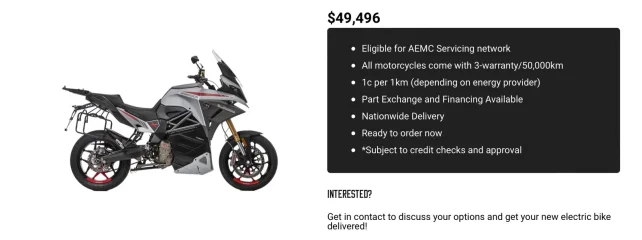To a earlier point
January 2023
Last September, Italians in Rome, Milan and Naples burned their energy bills in a coordinated protest against soaring prices. In October, thousands took to French streets to decry government inaction over the high cost of living. And in November, Spanish workers rallied for higher wages, chanting “salary or conflict.”
Researchers have defined an unprecedented global wave of more than 12,500 protests across 148 countries over food, fuel and cost of living increases in 2022. And the largest were in Western Europe.
Prices of food and especially energy were pushed up first by the COVID-19 pandemic and then by the war in Ukraine. And, while food and energy shortages have hit the Global South hardest, the crisis of affordability is sending increasing numbers of people onto the streets in the richer countries of the Northern Hemisphere.
“There have never been so many cost-of-living — mainly energy — protests around the world documented in a single year before,” said Naomi Hossain, a specialist in the politics of development at Washington-based American University, and lead researcher of a
report on last year's unrest.
“Historically, food was the real flashpoint,” Hossain told a reporter ”Now energy is the big thing.”
While energy prices have eased in Europe recently due to more favorable weather governments are not off the hook, said Jeffrey Hallock, Hossain’s co-author. Aside from shared motivations, what links the protests across the globe is “anti-incumbentism,” he said, describing a sentiment of hostility toward the government of the day.
Food inflation has not budged and prices will remain high for some time, boding ill for food security, social tensions and government budgets, the World Bank warned in its latest
Food Security Update on Tuesday. Soaring prices for energy and food could meanwhile persist for the next two years, forecast the
Global Risks Report prepared ahead of this week's World Economic Forum in Davos.
Although protests have escalated into large-scale national crises in several countries, only Sri Lanka’s government has been forced out as a result — so far. History suggests it is too soon to tell which p.......l crises recent rocketing prices may have set in motion.....to be contuied




